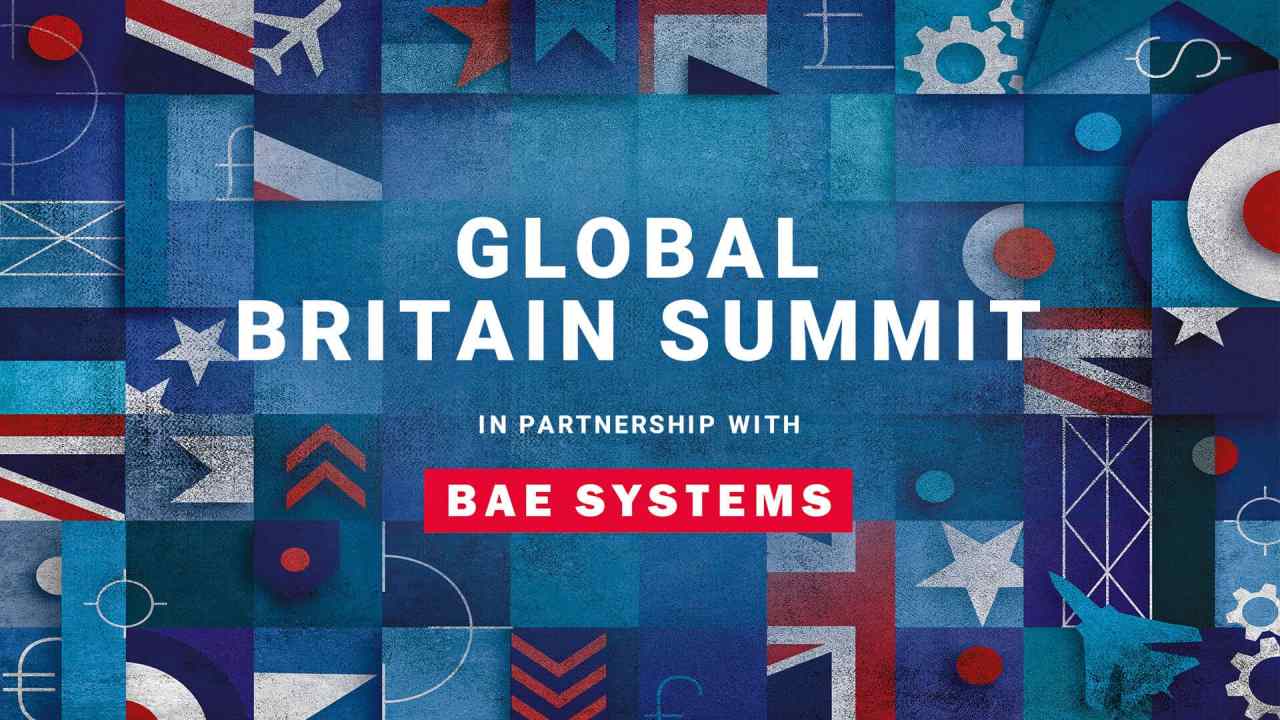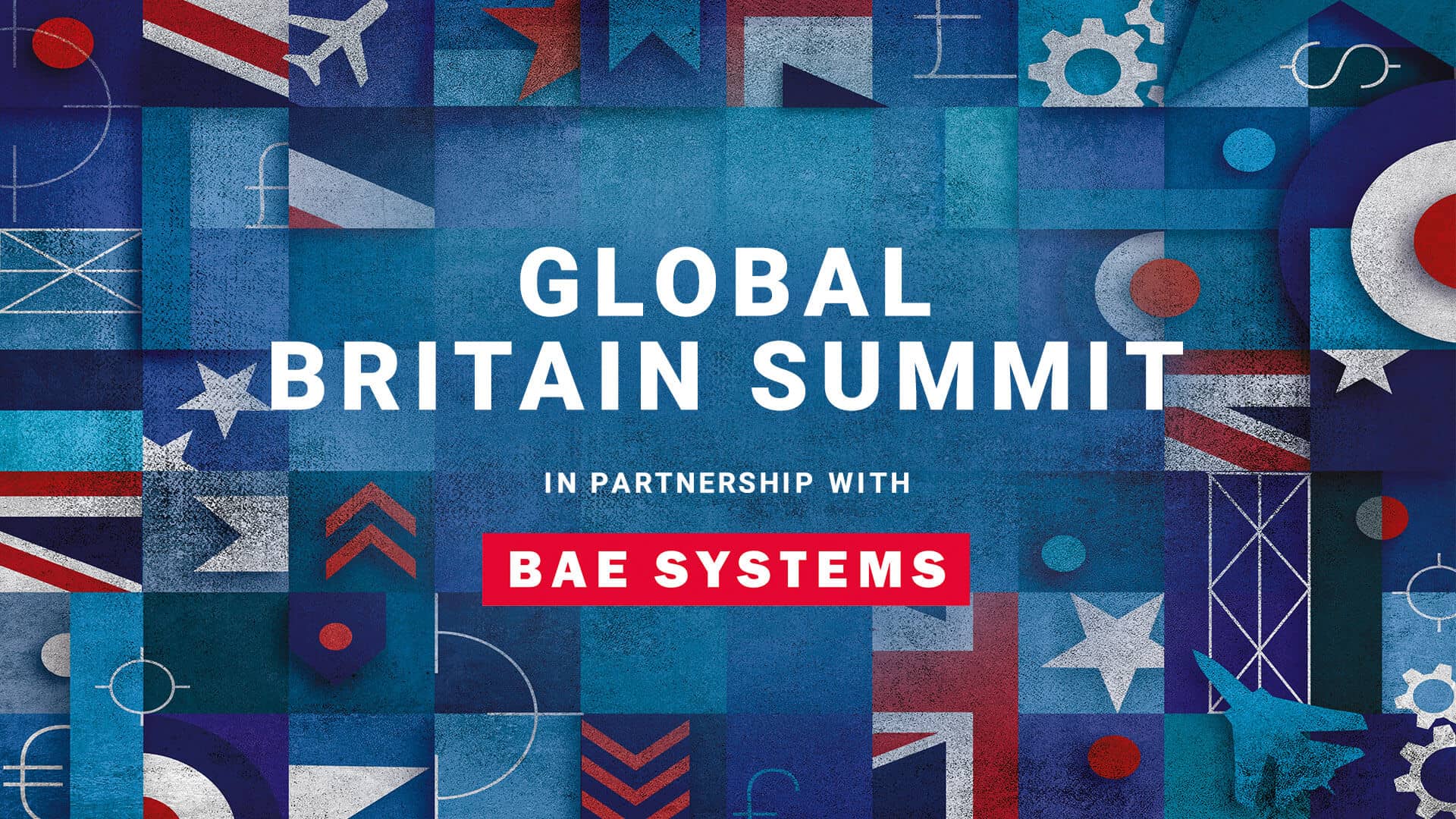‘We are in an incredible era of transition in the way we do battle,’ said Tobias Ellwood, chair of the defence select committee as he opened the second discussion of The Spectator’s Global Britain summit. The panel discussion (kindly sponsored by BAE Systems) had been convened to discuss that very topic: namely how the rapid progress of technology was changing both the nature of threats and defence itself – and what that might mean for Britain and the West more broadly.
‘We are moving away from traditional battlefields where we have regiments and battalions fighting each other afar,’ Ellwood continued. ‘Data has overtaken the terrain, and it’s now becoming much easier to harm your adversary at home.’ This fundamental shift, he said, was raising existential questions for the West. ‘We need to become much more resilient with how we protect our data,’ he said.
The threats, he explained, were numerous and wide-ranging. Not just from hacking attacks – including from non-state actors, and criminal groups hired by rogue states – but also the development of new terrains like space. ‘Space has become the ultimate “high ground” in battle,’ he said. ‘But we still don’t appreciate just how vulnerable we are to the usage of satellites, and how an attack on those might affect our economy.’
We are moving away from traditional battlefields where we have regiments and battalions fighting each other afar
For Ben Hudson, BAE Systems’ chief technology officer, these were questions with immediate relevance. ‘The question for Britain is how its technologies will protect against those threats,’ he said. Hudson added that the UK is absolutely a world leader in aerospace and that the RAF’s next generation combat air system, Tempest – together with opportunities for the UK to develop resilient battlefield communications, space, cyber and electromagnetic capabilities – could be very significant for a prosperous Global Britain. Hudson said too that there was thinking to do about the role the UK would play in supporting its traditional allies, including the US, Canada and Australia.
Air Marshal Edward Stringer, who previously served as head of the UK’s Strategic Command (formerly Joint Forces Command), listed what he regarded as the major technologies changing the world of defence: ‘The internet of everything and cloud connectivity; the availability of big data; the ability of artificial intelligence to crunch that data; and robotics and drones.’ These technologies, he said, could be used by smaller powers against larger Western capabilities – with potentially devastating effect.
‘We’re seeing these kinds of attacks happening all the time,’ said Tobias Ellwood. ‘They might not be trying to hack to cause damage, but they are certainly stealing data on a regular basis. They’re trying to affect our economy and slow us down, so they can expand their own influence and economies. It’s important we have a wider debate about the rules of warfare so we can start to catch up on this.’
So what consequences did this have for Britain’s defence capabilities – particularly given the potential for a more major attack? ‘I don’t think that we are potentially well configured to take on that kind of adversary,’ said Air Marshal Stringer. ‘Where is the war office for that kind of conflict? The Ministry of Defence only does the military element.’ BAE’s Ben Hudson took a slightly different view. ‘There’s always more to do in this area, but no-one should get the impression that the UK is weak,’ he said, given its major investment in cyber and the ambition in the Integrated Review of defence.
Air Marshal Stringer also stressed the need for what he called ‘multi-domain integration’: the process of ensuring joint oversight over different parts of the military infrastructure on issues like cyber-security. ‘If we allow all the services to pursue their own agenda, we will lose ground on this,’ he said. ‘Instead we should see this as an opportunity for global Britain: to show we’re mobilising our own thinking on this and investing in the experimentation that is required.’
Tobias Ellwood said this was also a chance for the UK to play a leading role within NATO on this topic. ‘At the moment, there is not the coordination to manipulate and utilise the full orchestra of capabilities we have within NATO,’ he said. ‘When you look at the protocols coming out of China and Russia, they are involving the utility of space on the battlefield. They’re already aligning their conventional capabilities with space. But we’re still waiting for a strategy on that. There is a gap in the market here for Western leadership, but Whitehall doesn’t have the bandwidth, at the moment, to lead on this.’
Ben Hudson agreed this was a challenge for Government. ‘We need to keep thinking about what Britain’s role is in this, and whether we can play a stronger role in different regions’ he said. We’ve also got some real academic strengths in the UK’s engineering and scientific communities and opportunities for partnerships in areas like e-fuels and I think we should play to those.’ Despite the scale of the threats, he said, this was a time for optimism: and a chance to show that Britain remained committed to defending the interests of prosperity and democracy.
This panel was sponsored by BAE Systems
This article is free to read
To unlock more articles, subscribe to get 3 months of unlimited access for just $5







Comments
Join the debate for just $5 for 3 months
Be part of the conversation with other Spectator readers by getting your first three months for $5.
UNLOCK ACCESS Just $5 for 3 monthsAlready a subscriber? Log in